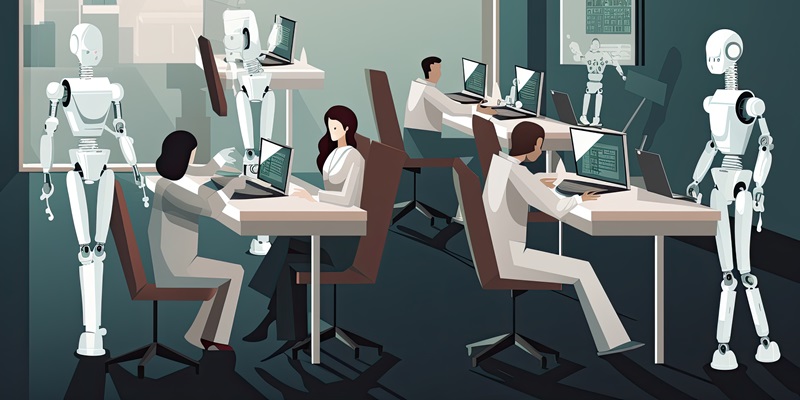In today’s rapidly evolving technological landscape, the importance of creativity in the workplace cannot be overstated, especially as artificial intelligence (AI) continues to weave its way into various facets of business operations. According to a report from Canva and Harvard Business Review (HBR), an impressive 90% of surveyed global business leaders consider creativity a crucial trait for employees. However, many organizations still face considerable challenges in nurturing this essential quality. One notable finding from the report indicates that 72% of leaders who struggle to foster creativity admit that their leadership does not sufficiently engage in creative thinking. Additionally, 58% of these lagging leaders feel that their organizational culture does not adequately reward creative pursuits, further stifling innovation.
The role of leadership in cultivating a creative environment cannot be understated. Leaders set the tone for the entire organization, and their level of engagement in creative processes can significantly influence the overall workplace atmosphere. When leaders actively participate in and prioritize creative initiatives, it not only inspires employees but also validates the importance of creativity within the company. Conversely, a lack of leadership engagement can lead to a stagnant workplace where innovative ideas are neither encouraged nor valued. Furthermore, the organizational culture must be structured in a way that rewards and celebrates creative efforts. Without such cultural support, employees might be hesitant to propose new ideas, fearing that their efforts will go unrecognized or even be dismissed outright.
The Role of AI in Enhancing Creativity
The intersection of AI and creativity represents a significant frontier for modern businesses. According to the same report, 62% of leaders believe that AI can substantially enhance creativity by automating repetitive tasks, thereby freeing employees to focus on more innovative endeavors. This optimistic view is also reflected in financial priorities, with 87% of leaders expecting their investment in creativity-enhancing tools and technologies to either increase or remain stable in the coming year. The impact of AI in this context can be transformative, as it allows employees to channel their energy and intellect into developing new products, services, and solutions that can propel the business forward.
AI’s ability to handle mundane and repetitive tasks effectively means that employees have more time to engage in activities that require critical thinking and creative problem-solving. This shift not only boosts overall productivity but also enhances job satisfaction, as employees find themselves engaging in more meaningful work. Furthermore, AI tools can assist in idea generation by analyzing data trends and providing insights that might not be immediately obvious to humans. These insights can serve as the foundation for groundbreaking ideas and innovations. However, it is crucial for organizations to strike a balance between automation and human creativity to ensure that AI serves as a complement rather than a replacement for human ingenuity.
Leadership and Cultural Support
In today’s rapidly evolving tech landscape, creativity’s importance in the workplace can’t be overstated, especially as AI integrates into business operations. According to a report from Canva and Harvard Business Review, a striking 90% of surveyed global business leaders view creativity as a vital employee trait. However, many organizations struggle to cultivate this critical quality. Notably, 72% of leaders facing challenges in fostering creativity admit their leadership doesn’t engage enough in creative thinking. Plus, 58% of these leaders feel their company culture fails to reward creative efforts, further hampering innovation.
Leadership plays a crucial role in nurturing a creative environment. Leaders set the organizational tone, and their involvement in creative processes significantly influences the workplace atmosphere. When leaders prioritize and engage in creative initiatives, it inspires employees and underscores creativity’s importance within the company. Conversely, a lack of leadership engagement can create a stagnant environment where innovative ideas aren’t encouraged or valued. Additionally, the organizational culture should reward and celebrate creativity. Without cultural support, employees may hesitate to propose new ideas, fearing their efforts will be ignored or dismissed.

